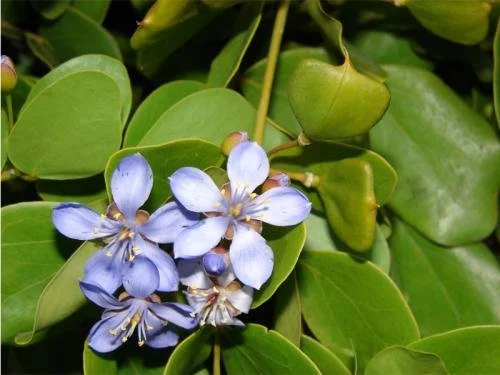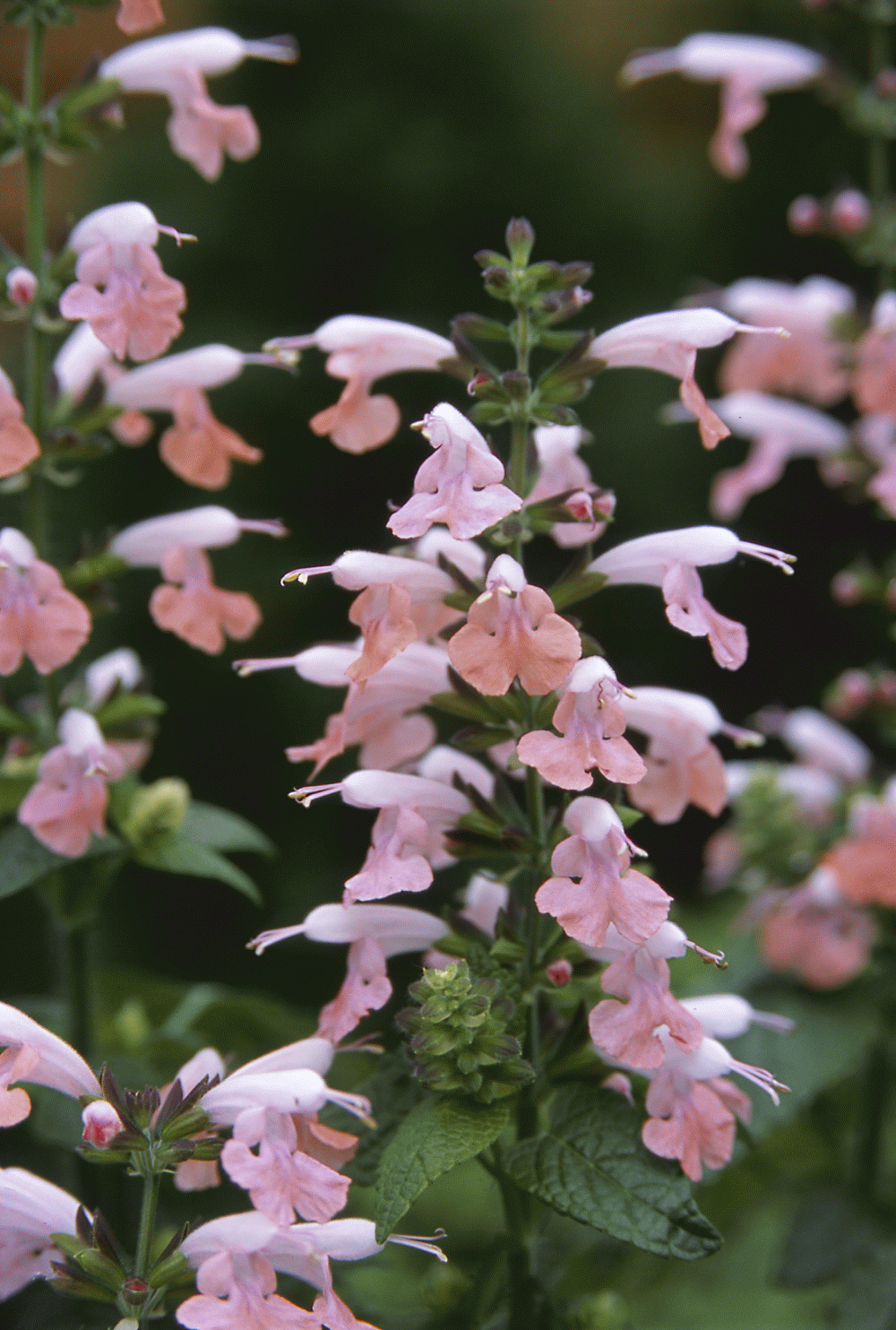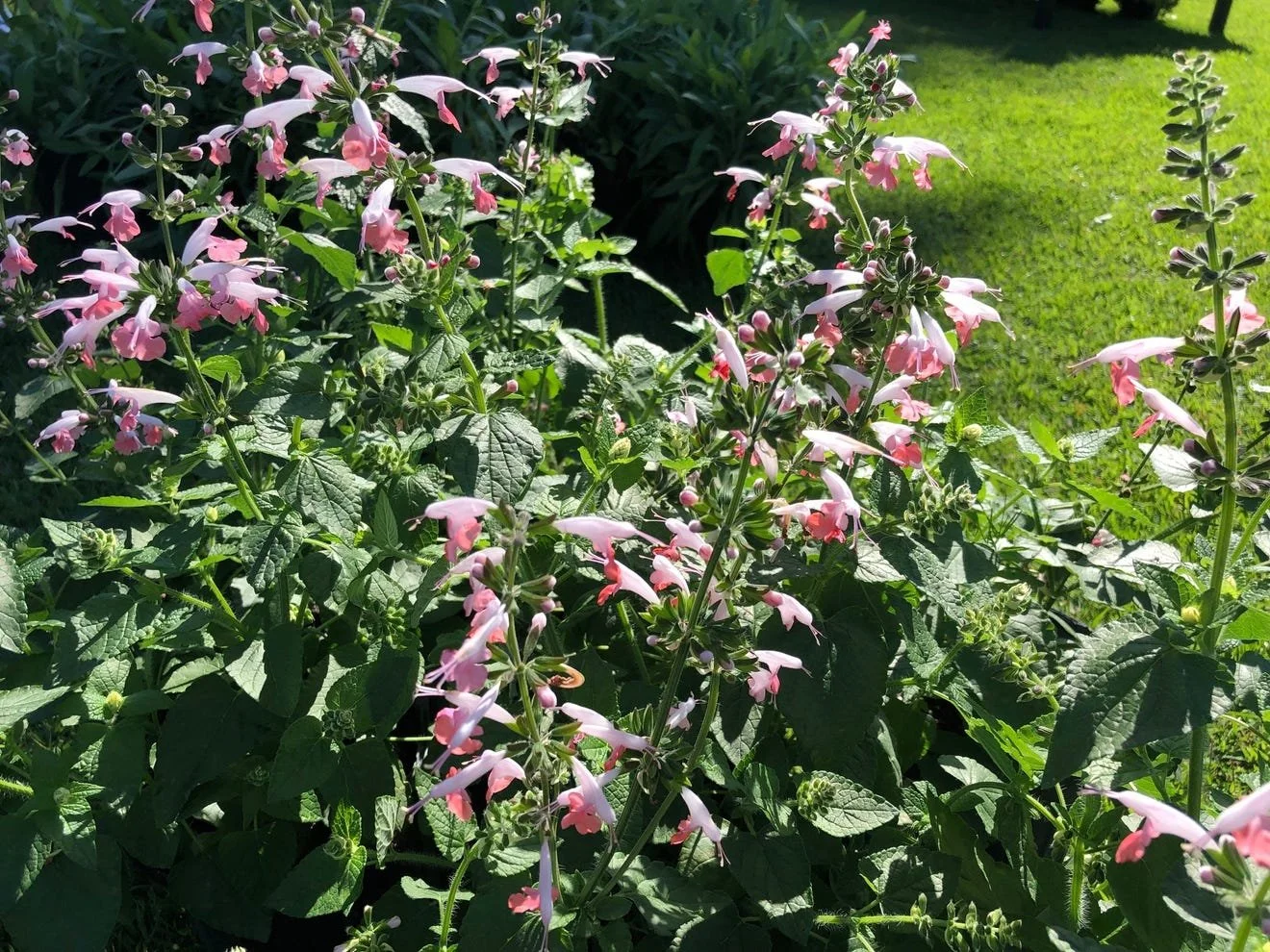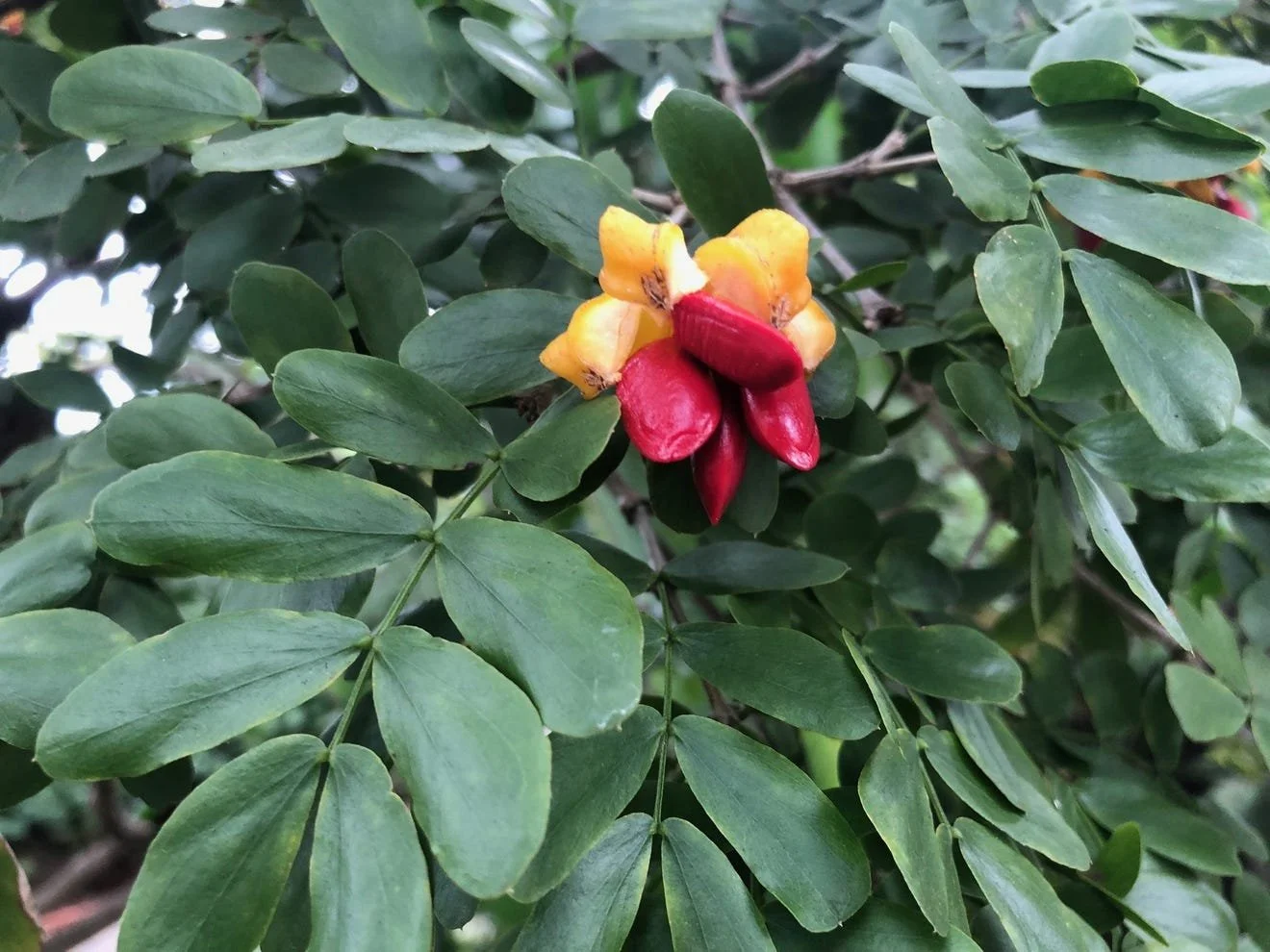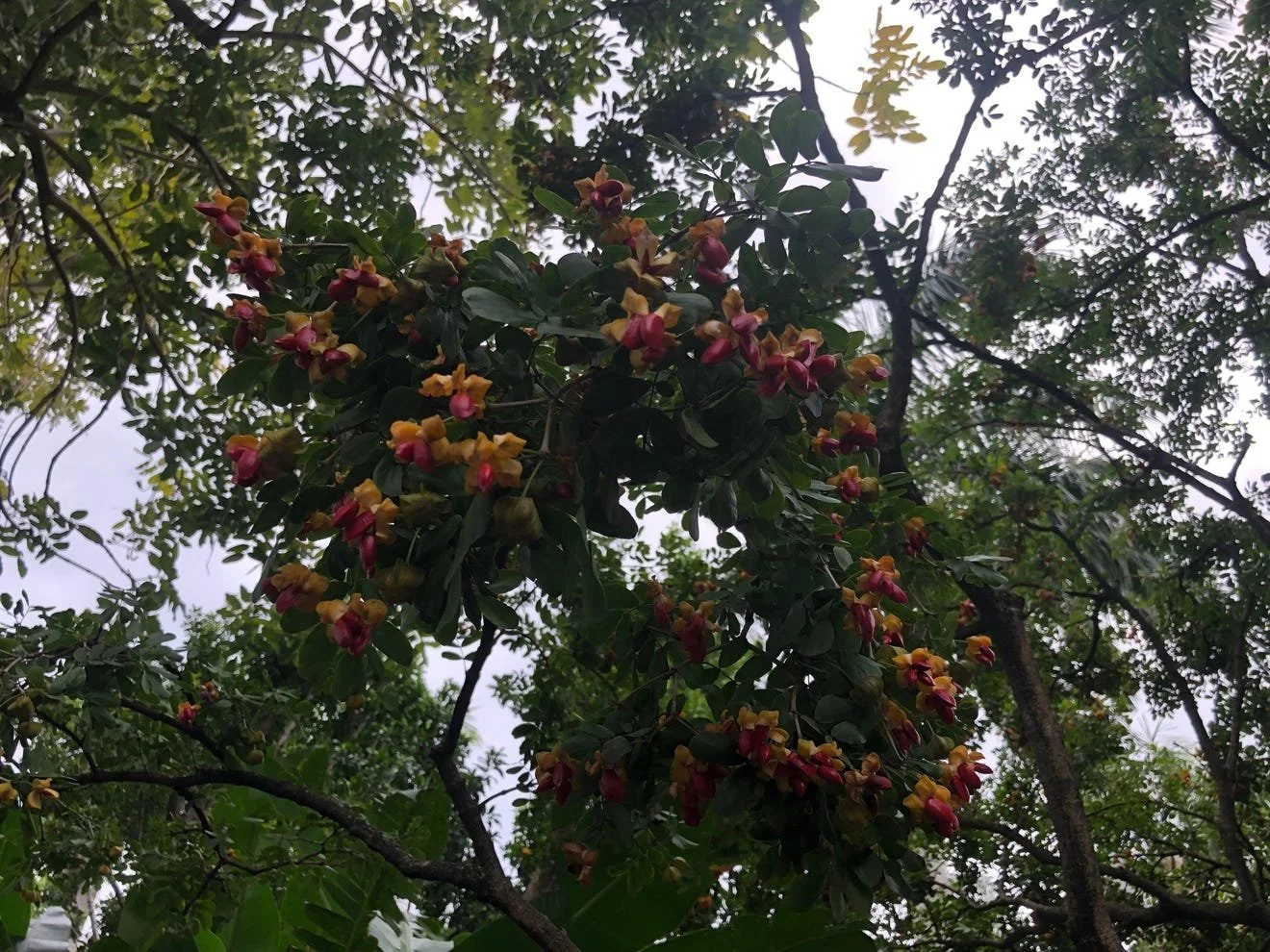More Nature-Friendly Natives for the Garden
Bahama Senna/Senna Mexicana var. Chapmanii
March 15, 2019
After attending a three-day environmental conference in Washington, D.C., I return with heightened urgency about climate change. Talk of dying coral reefs, warming oceans, lost wetlands, endangered species of birds and pollinators, an unsustainable farm bill, and a lack of educated botanists left one message loud and clear: We are at a tipping point and we must make serious changes.
“Plants are not optional” is a conviction we need to embrace, and native plants in particular are an inseparable part of the ecosystems we must protect in order to sustain life on our planet.
This is so easy. Natives are beautiful, require less maintenance and no pesticides, and provide food and habitat for our wildlife, birds and insects (read: pollinators). Their extensive root systems control erosion, filter water to improve water quality, and sequester carbon to combat climate change. What’s not to like? So, here are some more natives to plant:
Lignum Vitae / Guaiacum Sanctum
Lignum vitae (Guaiacum sanctum) has been called the “royalty” of native tropical trees in Florida. Its name actually means tree of life, referring to the resinous wood that was once thought to possess magical qualities.
With a canopy of dark green leaves, this excellent multi-trunked shade tree, sprinkled with clear blue flowers in the spring and summer, deserves a place of honor in any garden. Yellow fruits split open to reveal bright red seeds loved by a variety of birds. Skipper butterflies frequent the flowers while new growth provides larval food for the lyside sulphur, a rare butterfly of the Florida Keys.
Tolerant of full sun or part shade, not particular as to soil type and oblivious to wind or salt, this is an ideal choice for seaside plantings or anywhere you might need a small hardy tree. Slow-growing, reaching only 10-15 feet, this is not found farther north than coastal Palm Beach County, so we are fortunate to be able to include it in our gardens. As the hard, black wood is prized by woodworkers, it has been over-collected and is now considered endangered, having disappeared from most of its original habitat. This is definitely a plant to seek out and add to your landscape.
Bahama Senna/Senna Mexicana var. Chapmanii
Another great native for seaside locations is Bahama Senna (Senna Mexicana var. Chapmanii). This delightful shrub of 4-5 feet produces bright yellow flowers year-round. Its small stature and tolerance for salt and drought make it a fine addition to small gardens or in planters on sunny balconies. When grown in full sun, it will be denser than when grown in partial shade. It's an important larval host plant for several butterflies, including the orange-barred sulphur and the cloudless sulphur, and provides nectar for skippers and many others. Although senna tends to be short lived (up to 10 years), it grows quickly and seeds freely, ensuring there are plenty around for visiting butterflies and other pollinators.
Native Tropical Sage/Salvia Coccinea
And then there’s the native tropical sage (Salvia coccinea) coral nymph, whose delicate pink and white ever-blooming flowers brighten any garden. Hummingbirds and butterflies love the flowers, while finches, painted buntings and indigo buntings will come for the seeds. Sun-loving and drought-resistant, this will grow to 3 feet, spreading freely from seeds to fill in any unsightly bare spots you may have. It also will do well in filtered shade. The brilliant red variety Lady in Red is equally prized by hummingbirds; plant both and see which one gets the most attention.
I just want to add a word on pesticides. Many pesticides used on our island contain neonicotinoids, or neonics for short. These are systemic chemicals taken up by the roots and transported throughout the leaves, stems, flowers, nectar and pollen, making the entire plant poisonous. Not only do they kill all the beneficial insects (and bees) that we need to maintain healthy ecosystems for birds and wildlife, but they have been linked to cancers and neuro disorders in humans and pets.
Although banned in the European Union, neonics are still widely used in the United States. If you have a pesticide service, you might want to ask what is being sprayed on your property. Nature is wonderfully resilient and will rebound from an abundance of indignities, but we have to give her a fighting chance.
I, for one, really miss our birds.
— Kim Frisbie
Original article on the Palm Beach Daily News is HERE.


